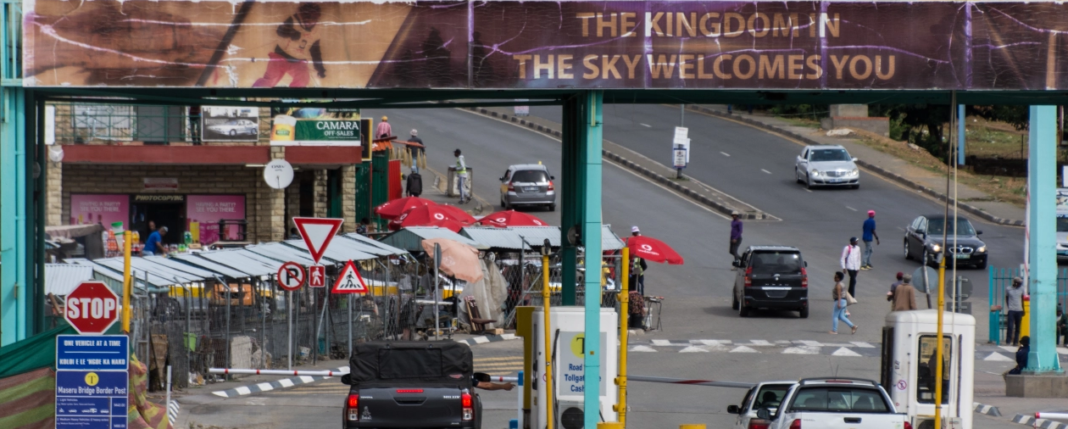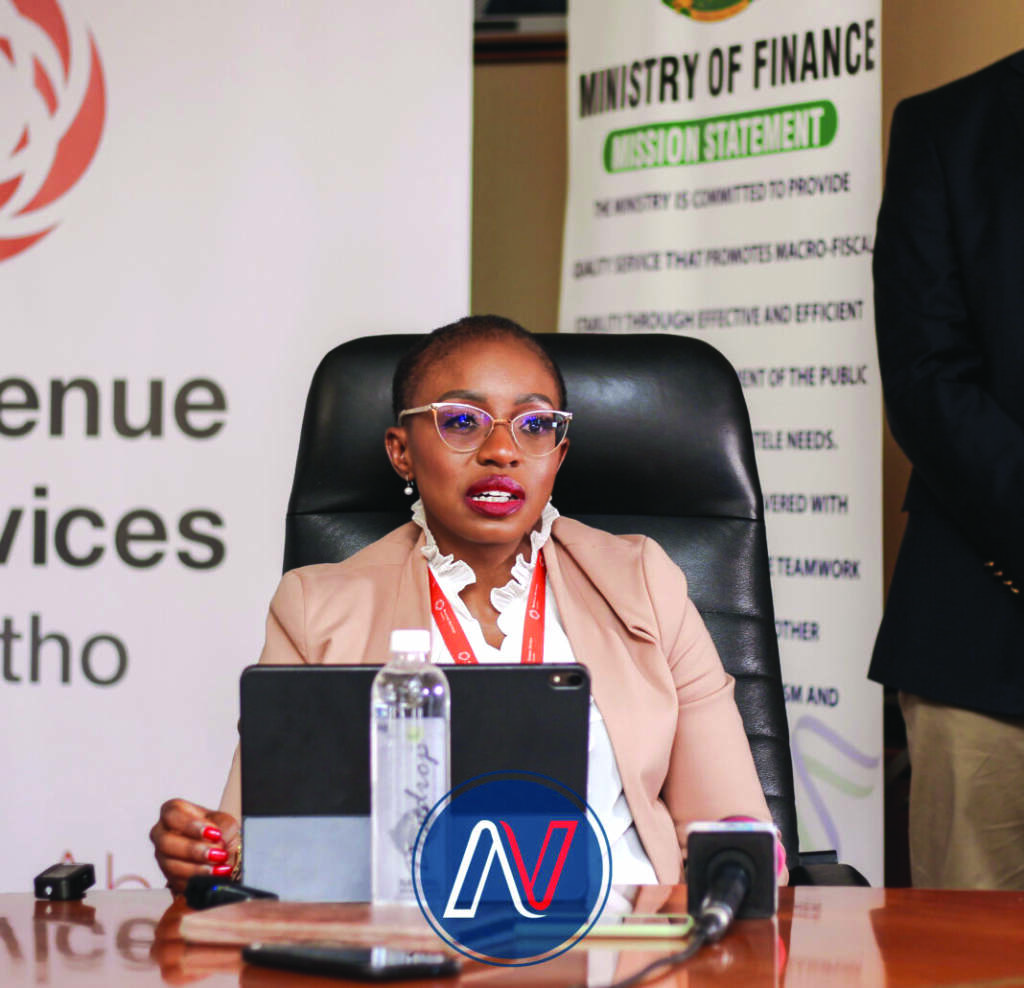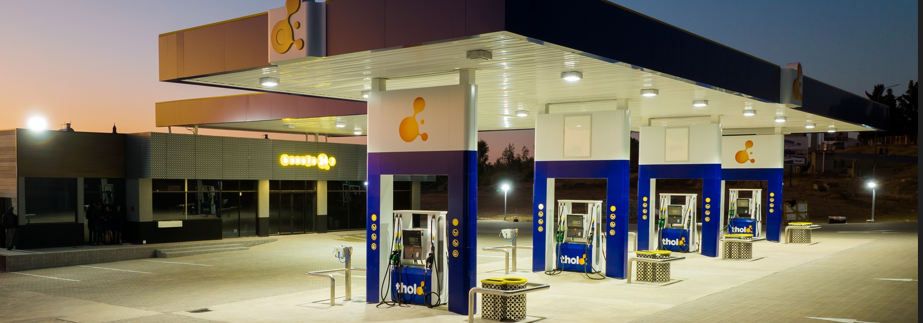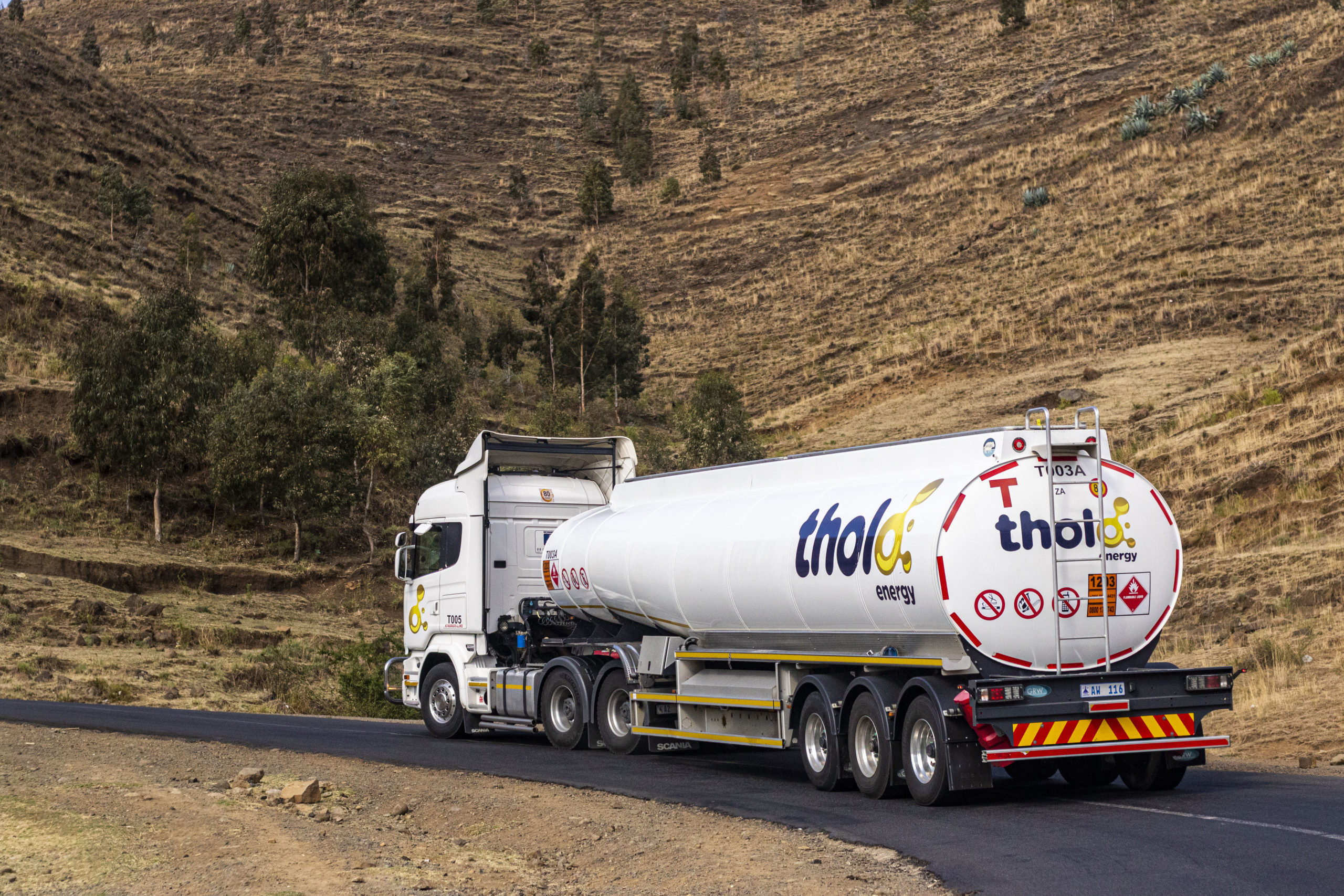In a shocking revelation that lays bare Lesotho’s economic fragility, it was disclosed yesterday that imports account for a staggering 98 percent of Lesotho’s gross domestic product (GDP).
The figure is damning.
It means that for every loti circulating in the economy, almost all of it is spent on goods produced outside the country, from food and fuel to clothes and construction materials.
In simple terms, Lesotho consumes almost nothing it produces.
GDP is the total monetary value of all goods and services produced within a country over a specific period, usually a year. It is a common way to measure a country’s economic size and health.
If you added up everything Lesotho produces, from crops and clothing to services like teaching or banking, that total would be Lesotho’s GDP. It shows how much economic activity is happening inside the country.
When imports make up 98 percent of GDP, it means that almost everything people spend money on in Lesotho comes from outside the country.
This extreme import reliance paints a picture of a country that is not economically sovereign.
If imports stopped today, Lesotho, a landlocked country surrounded by South Africa, would grind to a halt despite having land, human capital, and natural resources.
The shocking figure was revealed by the Ministry of Finance and Development Planning economist Moeketsi Ntoi during a meeting at the ministry’s headquarters. The meeting was called to discuss a petition demanding the removal of Value Added Tax (VAT) on electricity.
One of the petitioners, Mokotjo Maseli, argued that Lesotho mirrors South African tax policy too closely, to the detriment of its citizens.
“When South Africa increases VAT to 17 percent, Lesotho will follow suit — not because it must, but because we import tax policy,” said Maseli. “So Basotho suffer unnecessarily when South Africa makes decisions that have nothing to do with our domestic realities.”
In response, Ntoi justified Lesotho’s alignment with South Africa’s VAT policy by disclosing the country’s 98 percent import-to-GDP ratio. He said maintaining a VAT rate lower than South Africa’s would be “extremely complicated” given that “almost everything Lesotho consumes is imported” from its neighbour.
Despite several attempts to reduce this dependency, progress has been minimal. Most efforts have been disjointed, uncoordinated, and unsustainable.
One such attempt is currently unfolding in parliament.
Voeswa Tsheka, Member of Parliament (MP) for Thuathe, has proposed a motion urging the government to impose an embargo on imported bottled still water. The motion, citing Article 25 of the Southern African Customs Union (SACU) Agreement, aims to protect and grow Lesotho’s domestic water bottling industry.
The National Assembly is expected to debate the motion today.
Back in 2021, The Post reported that Lesotho, known for its pure mountain water, was losing over M69 million annually importing bottled water, mostly from South Africa.
Ironically, Lesotho exports water to South Africa through the multi-billion-rand Lesotho Highlands Water Project (LHWP), established by treaty in 1986.
Water collected in Katse and Mohale Dams is transported through tunnels to ‘Muela Reservoir and into South Africa’s Vaal River System, while Lesotho continues to import bottled water.
The same infrastructure also generates electricity at the ‘Muela Hydropower Station, which produces 72 MW of power. Yet Lesotho’s peak demand hovers around 150–200 MW, forcing the country to import electricity, again, mostly from South Africa.
So far, the LHWP has transferred more than 19.5 billion cubic meters of water to South Africa, earning Lesotho just over R19 billion.
Lesotho’s dependence is not just on goods, it extends to policies, utilities, and basic necessities.
In 2023, Basotho, particularly the poor who rely heavily on chicken as an affordable source of protein, endured a bleak Christmas and year-end holiday.
This followed a government-imposed ban on chicken imports, announced by Minister of Agriculture, Food Security and Nutrition, Thabo Mofosi, in response to a bird flu outbreak in South Africa.
“This highly contagious avian disease has been a persistent concern since June 2023, with 50 outbreaks recorded in poultry farms and among non-poultry birds in several South African provinces,” Mofosi said then.
The import ban triggered widespread shortages of chicken and its byproducts across Lesotho’s retail outlets, a predictable outcome given the country’s heavy reliance on South Africa for poultry.
The impact was immediate and visible. Popular fast-food chains like KFC were forced to shut their doors temporarily due to supply chain disruptions.
“Our supply chain has been severely impacted due to unexpected government regulations, we are sorry, but all our Lesotho restaurants will be temporarily closed,” KFC announced.
Summary
- It means that for every loti circulating in the economy, almost all of it is spent on goods produced outside the country, from food and fuel to clothes and construction materials.
- GDP is the total monetary value of all goods and services produced within a country over a specific period, usually a year.
- This followed a government-imposed ban on chicken imports, announced by Minister of Agriculture, Food Security and Nutrition, Thabo Mofosi, in response to a bird flu outbreak in South Africa.

Authored by our expert team of writers and editors, with thorough research.









